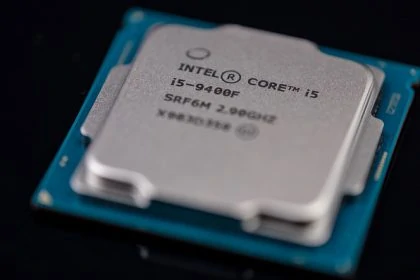The Federal Constitutional Court (BVerfG) rejected the initial case, it nevertheless made an important decision for competition law: equality of arms in court also applies to the Unfair Competition Act.

The case focused on a dental service, namely an impression set to take an impression of the dentition. By means of a test purchase, the applicant in the main proceedings established an alleged misconduct on the part of the complainant and warned her, inter alia, for allegedly lacking a “CE” marking. In addition, the applicant claimed for injunction pursuant to §§ 8, 3, 3a UWG in conjunction with § 6.1, § 9.3, § 10.2 and § 10.4 MPG.
The complainant objected, and in the further course of the proceedings, the applicant obtained a remission of the challenged interim injunction. However, the complainant was not involved in the court proceedings before the challenged decision was issued. For this reason, a complaint was filed with the Constitutional Court.
In this respect, the case affected both copyright law and the provisions of the Medical Devices Act.
Federal Constitutional Court did not accept the case
The Constitutional Court did not even accept the case for decision because it had no fundamental constitutional significance. The court nevertheless made an interesting decision.
The BVerfG ruled that the standards of procedural equality of arms and the right to a fair hearing in the protection of urgent civil rights also apply in principle to the UWG. This, in turn, is very meaningful, because it was only in June 2020 that the Federal Constitutional Court ruled that in a preliminary injunction procedure the opposing party must always be heard.
The BVerfG made the same ruling in this case (Ref. 1 BvR 1379/20). If the application for a temporary injunction deviates from the claims for injunctive relief asserted in the warning letter, the court must necessarily hear the opposing party. For it is to be seen as a violation of the principle of equality of arms in proceedings that the application for an injunction from the pre-litigation warning and the subsequent application for an injunction are not identical, the court explained.
Likewise, it was also a violation of the principle of equality of arms in procedure if the court gave the applicant information without informing the complainant.
Accordingly, it would have been constitutionally imperative to place the complainant in the same state of knowledge as the plaintiff in the main proceedings before the temporary injunction was issued, in that she too would have been informed of the court’s instructions in a timely manner, the court explained. However, this did not happen.
However, the BVerfG ruled that no interim injunction could be issued against without a hearing in the area of fairness law. The law on unfair competition is part of the competition law in Germany, in particular the law against unfair competition. Moreover, the court added that Directive 2004/48/EC does not apply to the breach of § 3a UWG in conjunction with provisions of the Medical Devices Act, which is relevant here.
Do you have any questions in competition law?
We consider each case individually and carefully.
Our lawyers have many years of expertise in trademark law as well as in the entire field of intellectual property and are entitled to represent you in any court – in Germany and internationally.
Please contact us if you are interested.
Sources:








Leave a Reply